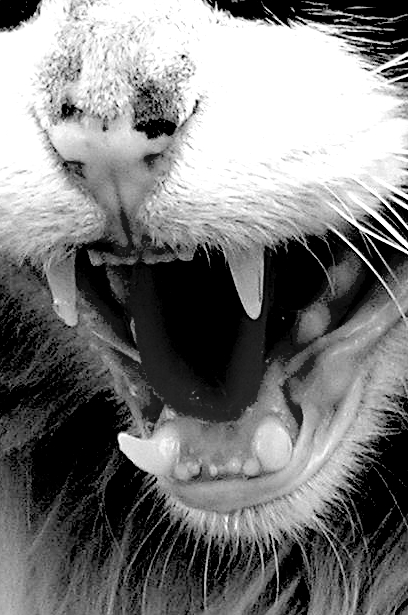Cat bug linked to psychosis
 Exposure to toxoplasma, a disease carried by cats, may increase the likelihood of developing psychosis in young people already at risk.
Exposure to toxoplasma, a disease carried by cats, may increase the likelihood of developing psychosis in young people already at risk.
Researchers conducted a long-term study of 96 people aged 15 to 30 who were clients of a clinic that works with young people who might be at risk of developing psychosis, and met high-risk criteria.
They found that participants who transitioned to psychosis had significantly higher antibody levels against toxoplasma compared to those who did not develop psychosis.
In fact, exposure to toxoplasma was associated with a 3.6-fold increase in the risk of psychosis transition.
Toxoplasma is carried by cats and most people who have grown up around cats have been infected by it at some stage.
Usually there are no symptoms, but in recent years some links have been suggested between toxoplasma exposure and a range of conditions, including psychosis.
Lead researcher Professor Paul Amminger says the study investigated the criteria that can identify people at imminent risk of developing psychosis.
This is on top of already proven criteria including clinical and biological risk factors.
“We found that exposure to toxoplasma gondii may contribute to positive psychotic symptoms and increase the risk of transitioning to psychosis in ultra high-risk individuals,” Professor Amminger said.
“If our finding can be replicated in larger samples, serostatus for toxoplasma could be used as a biological marker in risk calculators estimating the individual risk of psychosis transition in young people meeting high-risk criteria.”








 Print
Print